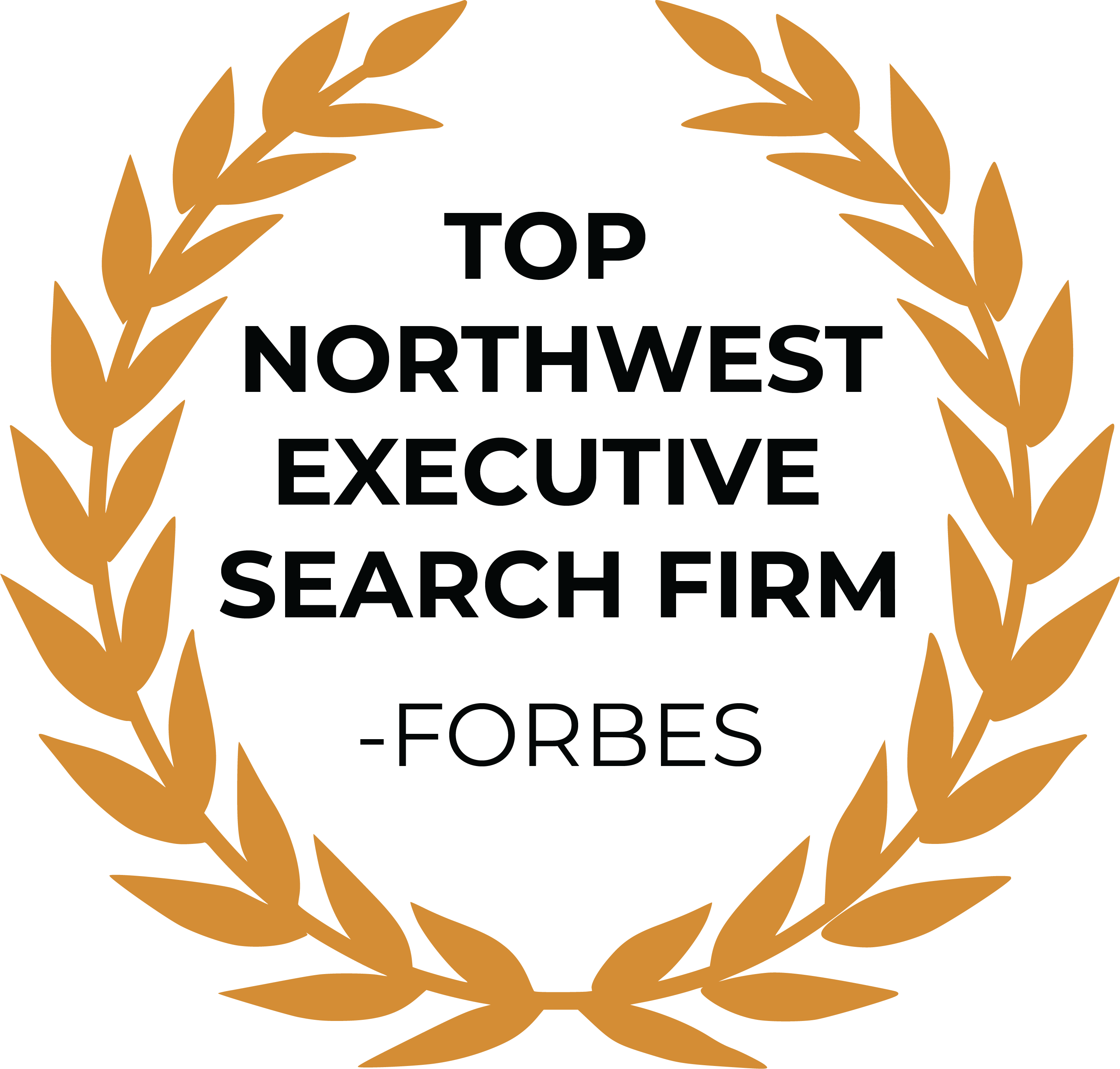Unpack Your Career to Start Your Job Search
No matter how you got there—resigned, downsized, laid off, fired—stepping out into the job market is an overwhelming experience. You want to get moving and see progress ASAP, but that first step can be the hardest.
Most likely, you’re carrying many emotions, memories, and ideas related to your past work, what you liked and didn’t like. The first and most impactful thing you can do right away is to reflect on these prior experiences and unpack your career.
Start unpacking
For many of us, looking back at past jobs is a bittersweet exercise. Maybe you loved the industry but hated your boss. Perhaps the commute was a breeze but the projects were a boring slog. Maybe some days you came home excited to share about your day while other days drained the life out of you.
No matter where you’re at or where you’re going, your work history is a combination of good, bad, and ugly. Some aspects you want to continue, and other aspects you hope never to do again.
The entire range of your experience is packed up together. What you need to do is systematically revisit your past roles and identify the positive things you’d like to repeat and the negative things you’d like to avoid if possible in your next job.
7 practical steps to unpack your career
Here’s how to go about unpacking your career and get started on a successful job search:
- 1) Block out 30 minutes in a quiet area without distractions.
- 2) Get a sheet of blank paper and draw a line down the middle of the page from top to bottom. Write a plus (+) sign on one side and a minus (–) sign on the other. Download Unpack Your Career Worksheet (PDF).
- 3) Think about your last job and the various aspects of your role. Here are a few areas to consider:
* Company size and type: small/startup, midsize, large/corporate, non-profit
* Industry: manufacturing, technology, banking, retail, etc.
* Products/services you worked with
* Your functional role and responsibilities on the team
* Team leadership areas
* Key problems you solved
* Company culture: What was it like to work there
* Compensation/benefits
* Commute/travel requirements/work hours
* Type of clients you worked with
* Systems or technology used in the role
* What attracted you to join that company? Why did you leave?
* What topics or situations typically led to conflict?
* Any insights from personal assessments? (DISC/Strength Finder/Myers-Briggs)
* What areas did you receive complimentary feedback or recognition? What areas were more of a struggle, as noted in performance reviews or meetings?
* What made a good day good? What made a bad day bad?
* Related to the company, what would you complain about with your colleagues? What would you praise?
* What gave you energy and inspiration? What sucked your energy and drained you? - 4) On the plus (+) side of your paper, write down all of the positive things you enjoyed and would like to repeat. Write down everything that comes to your mind, from the high-level ideas and to the trivial details.
- 5) On the minus (-) side, write down all of the negative things you didn’t enjoy and would prefer not to repeat. Be honest with yourself as you think about areas that may have led to poor performance or personal frustration.
- 6) Repeat this process for each of your prior jobs, paid and volunteer. You should end up with a full list on both sides of the page.
- 7) Review your list and circle your Top 5 on each side. Some ideas can be combined, if that helps narrow the list.
What do you do with your unpacking list?
After you’ve taken a full inventory of your work experience, it’s time to apply this information to your present job search.
Say it out loud. In my own life, I have found there is real power in saying something out loud. Let’s do this with what you just learned. Read through your list out loud, and start each column by saying:
- “In reflecting on my past roles, the top five things that I really enjoyed and gave me energy are…”
- “In reflecting on my past roles, the top give things that I did NOT enjoy and sucked my energy are…”
Listen to yourself read your list out loud. Did it inspire and empower you? Did it cause you to rethink anything in your Top 5? Did you forget anything?
Saying your list out loud should either reinforce or challenge the ideas you silently wrote on the page. What sounded like a good idea in your head may not sound so good when you say it out loud.
Be realistic. We can’t always get the “perfect” next job. But your list is a helpful set of guiding principles and a source of inspiration to point your aim in the right direction. All roles and companies will fall short and disappoint us in some ways because the perfect company with the perfect people doesn’t exist. The goal of the list is not perfection. It’s about moving in the right direction with intentionality and purpose.
Share it. Tell someone who knows you well what you just learned. Talk through your list with your spouse, a close friend, or a past co-worker. Ask for their feedback and take it to heart. Trust your instincts, but recognize that other people can serve as a mirror to reflect the truth in our lives. Be open to additional ideas and questions as you refine your initial list. Sharing your list is also a practical way to invite others to help you with your job search. If people know what you’re looking for, they can be your advocates in the marketplace.
Congratulations! Reflecting on your past jobs to develop a game plan for moving forward is time well spent.
For more helpful job search tips: Ultimate Job Search Guide: Recruiter Insider Tips











